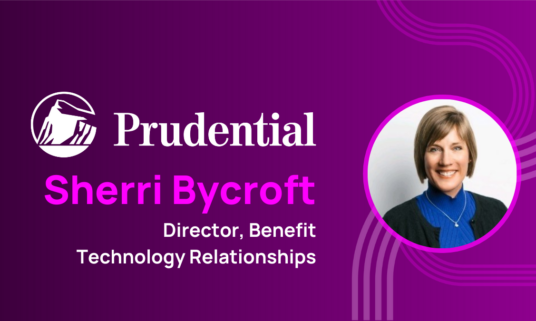Ideon Blog
March 30, 2021
By: Ideon
The Top Five Questions Carriers Ask About ICHRA

New to ICHRAs? Download our primer for health insurance executives.
Individual Coverage Health Reimbursement Arrangements (ICHRAs) burst onto the employee benefits scene on Jan. 1, 2020, spawning a new paradigm in group health insurance that shifts the plan shopping and administration responsibility from employer to employee. Now, more than one year into ICHRA’s arrival, insurance carriers are increasingly interested in capitalizing on ICHRA.
To that end, Ideon recently hosted two webinars aimed at helping health insurers in both the group and individual markets understand how they, too, can join the ICHRA revolution. While most carriers are aware of ICHRA’s existence and the legislation behind it, we found that there are still several topics on which carriers have critical questions. In this blog post, we’re sharing, and answering, the most common questions we heard during our webinars.
Is ICHRA adoption among small groups more prevalent in certain geographic areas?
Yes, ICHRA adoption varies by state, and even by county. ICHRAs work best in areas with robust individual markets, affordable plans from name-brand carriers, network options similar to what employees find in the group market, and competitive pricing between individual premiums and their group-plan equivalents. Where’s the next ICHRA hot spot? Check out our interactive map to find rate-favorable states for small groups to shift to ICHRAs.
If the contribution is deemed unaffordable for the employee, can they go to the ACA exchange and receive a subsidy?
A key facet of ICHRAs is affordability. Specifically, large employers (typically those with 50 or more employees) must offer an “affordable” ICHRA or face penalties. Small employers, on the other hand, can offer either an affordable ICHRA or an “unaffordable” version. According to ICHRA legislation, an employer contribution is “affordable” if the remaining amount an employee has to pay for a self-only silver plan on the Exchange is less than 9.83% of the employee’s household income.
The ability to offer an unaffordable ICHRA is an opportunity for small employers. When a small-group ICHRA is “affordable,” employees are not eligible for government subsidies. If small employers offer “unaffordable” ICHRAs, employees can “opt out” and go to the exchange to get their premium tax credit, more commonly known as a subsidy.
How do you address the fact that individual plans do not generally have the same broad networks as group plans do?
One of the benefits of an ICHRA is that employees now have the expanded choice associated with the individual market, where they have more opportunity to find a carrier, plan, and network in which their preferred doctors and providers participate. Provider-centric plan shopping is an essential part of the employee decision process: about 70 percent of consumers, according to Ideon’s internal data, add their doctors as search criteria. When transitioning an employee to an ICHRA, it’s not necessarily about finding the broadest network, it’s about selecting the plan and network that best meets each individual’s needs.
How will ICHRA impact the role of the broker?
Group brokers have a critical role in the ICHRA process, from helping employers evaluate whether ICHRA is the best option for their company, to guiding employees through the individual plan shopping experience. Their role as essential advisors, trusted and valued for their industry expertise, will not change with ICHRA.
Smaller groups already struggle to understand benefits. Are there tools to help them do the calculations around tax credits and ICHRA affordability?
Yes. Several digital platforms and exchanges have built innovative tools to help employers, brokers, and employees determine whether ICHRA is right for them. From digital affordability calculators to instant subsidy estimates, tech-driven decision-support tools are simplifying the decision process in year two of ICHRA. As an example, our partners Flyte HCM, Gravie, Savvy, and Take Command Health are platforms with ICHRA functionality.
Contact us to learn how Ideon helps carriers navigate the shift toward ICHRAs and provides access to new distribution channels via one central connection.


